A science popularization article shared by China's top health authority illustrating biological benefits of motherhood has gone viral and sparked discussions on health effects of pregnancy on women and factors that sway fertility decisions in a society seeing declining birthrates.
The article, posted by the National Health Commission, on Wednesday, said that pregnancy is a challenging yet magnificent journey that will bring a series of physical and psychological changes to women. "There are both positive and negative effects and pregnant women and their families are advised to focus more on positive value."
It said that childbearing can relieve menstrual cramps, reduce the chance of developing uterine fibroids and ovarian cysts, reduce the chance of catching ovarian cancer and breast cancer and even make mothers brighter.
"An old saying goes that getting pregnant will result in three years of haziness, but in fact, pregnancy can make women brighter," said the article.
Hormone changes during pregnancy will bring subtle variations to females' brain functioning, which is expected to help them better prepare for upcoming maternal challenges, it said.
Touching upon a common topic of "the so-called pregnancy-induced silliness," the article said "it is more of a psychological implication. Women tend to experience declining memory during pregnancy and postpartum, but such symptoms are largely due to stress and anxiety related to the arrival of a baby and changes in life."
Hashtags related to the article became a trending topic on the micro-messaging platform Weibo during the week, as netizens discussed impacts of pregnancy on women, ranging from physical and mental effects to potential consequences at workplaces.
Ma Li, mother of an 11-month-old girl in Wuxi, Jiangsu province, said she does not believe that pregnancy would cause years of foolishness at all, but memory loss and exhaustion caused by childcare are palpable.
"Sometimes, I have to wake up two to three times at night and feel completely drained. My memory has also become very poor," she said.
Ma said that her period cramp disappeared after giving birth, however she is distressed by belly fat and stretch marks left by pregnancy.
It is not the first time that authorities attempted to debunk pregnancy-related rumors. China Association for Science and Technology said in early 2022 that caring for children will make mothers tense, tired, suffer sleep deprivation and thus more likely to make mistakes.
The association said statements linking pregnancy to foolishness are neither respectful to women nor based on any scientific evidence.
The commission's release of the article has come at a time when China is stepping up efforts to raise its flagging birthrates, a key part of which is raising willingness of couples to have babies and addressing their reluctance and fear surrounding having children.
Ma, who does not plan to have a second child at present, said that she is mostly concerned about discrimination against females at workplaces and lack of affordable childcare services.
"I've heard that some employers do not allow maternity leave," she said. "Besides, the current market of nursery care nannies and centers is a bit chaotic. Many nannies ask for high prices but their services are not necessarily satisfactory."
China on Monday announced a series of measures aimed at building a birth-friendly society, including increasing medical, housing and leave benefits for families, establishing a fertility subsidy system and expanding tax cuts so as to ease financial burden of caring for children.










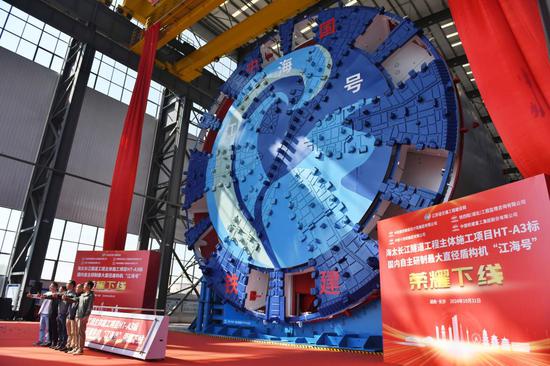




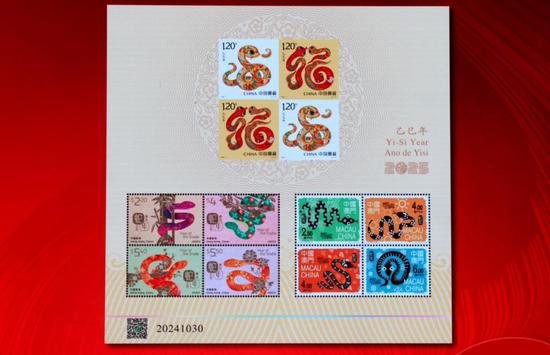

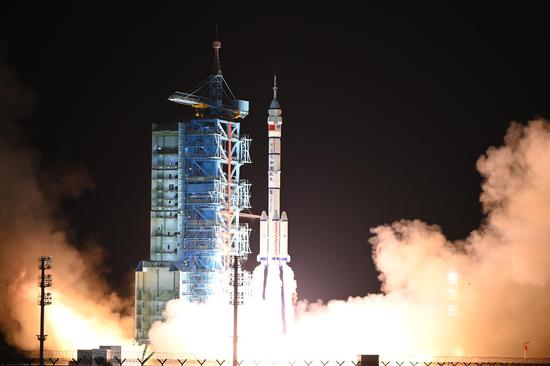

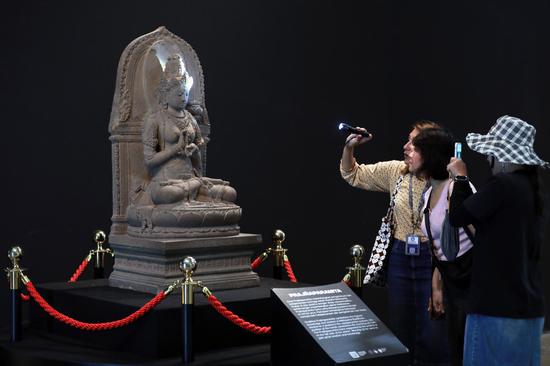













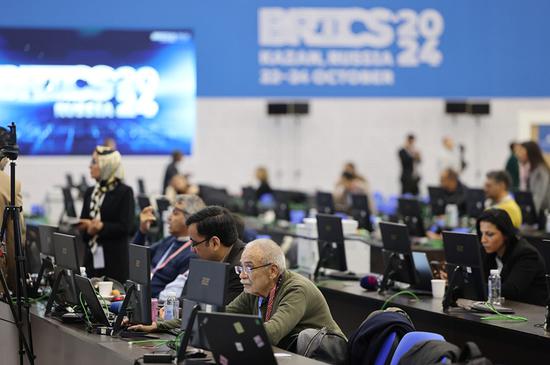
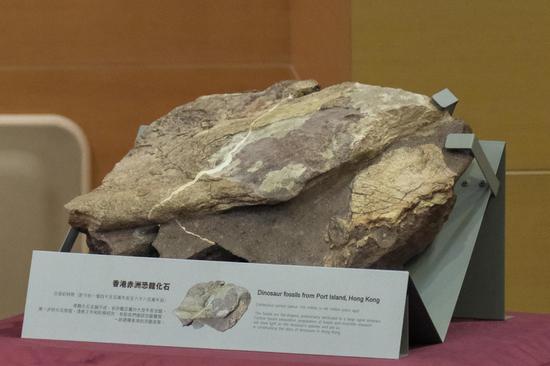
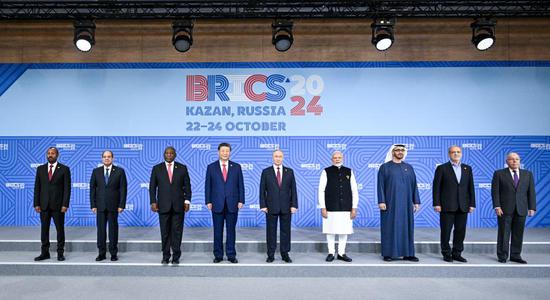








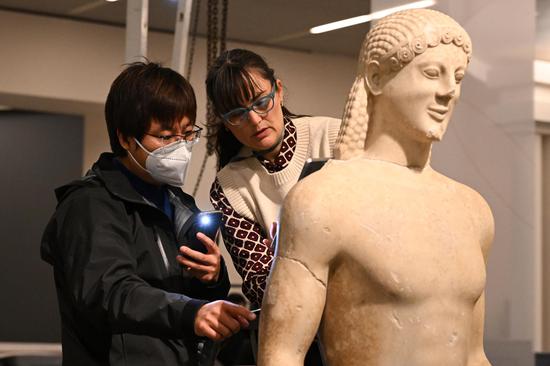



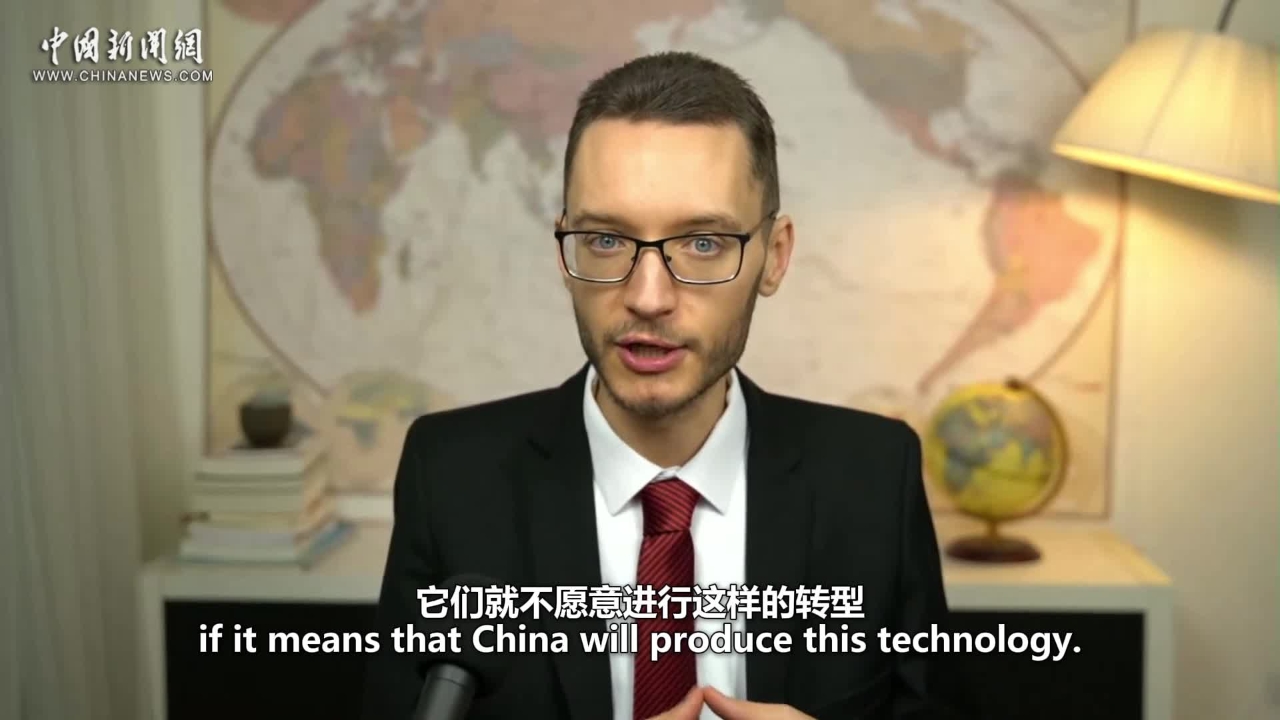

 京公网安备 11010202009201号
京公网安备 11010202009201号